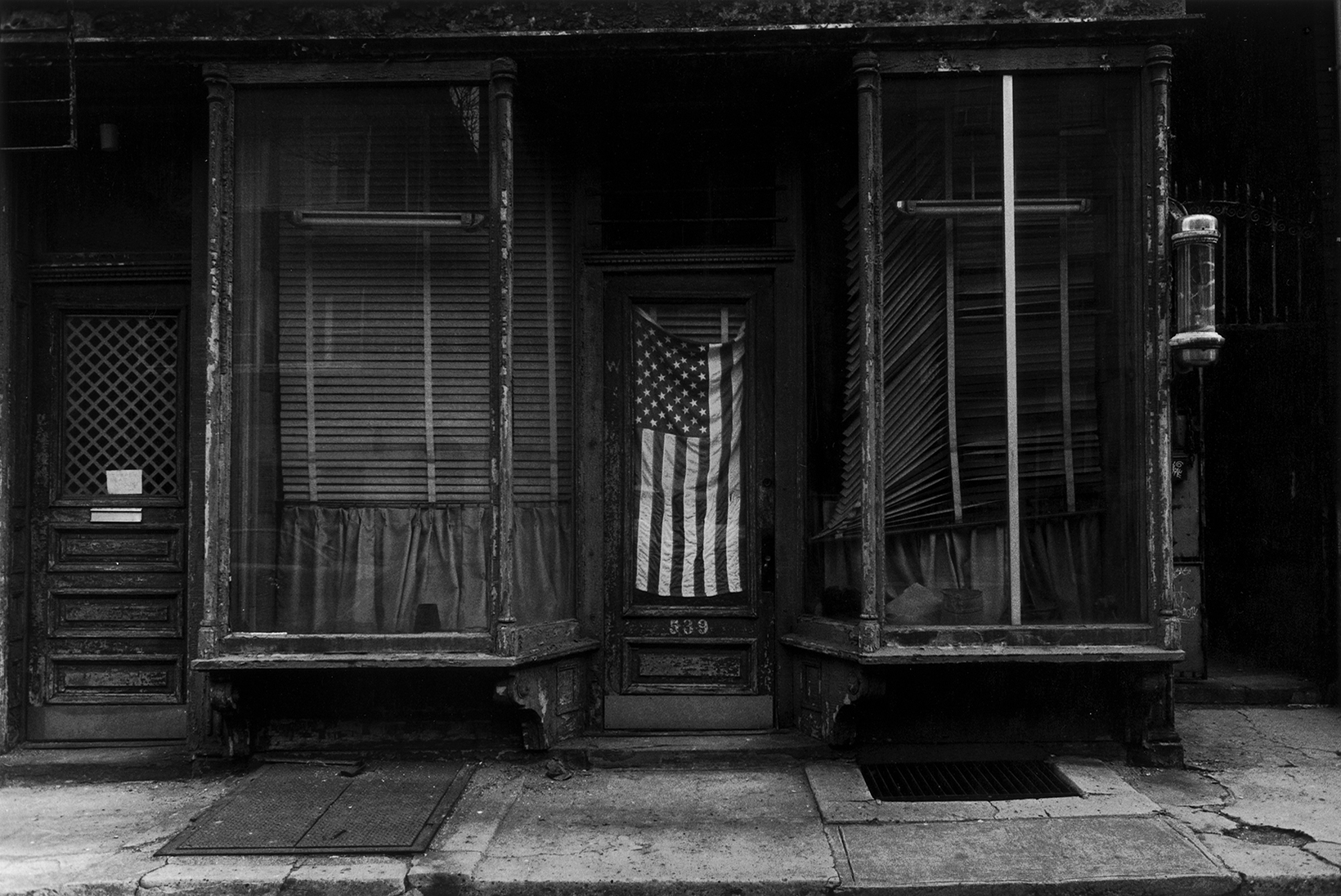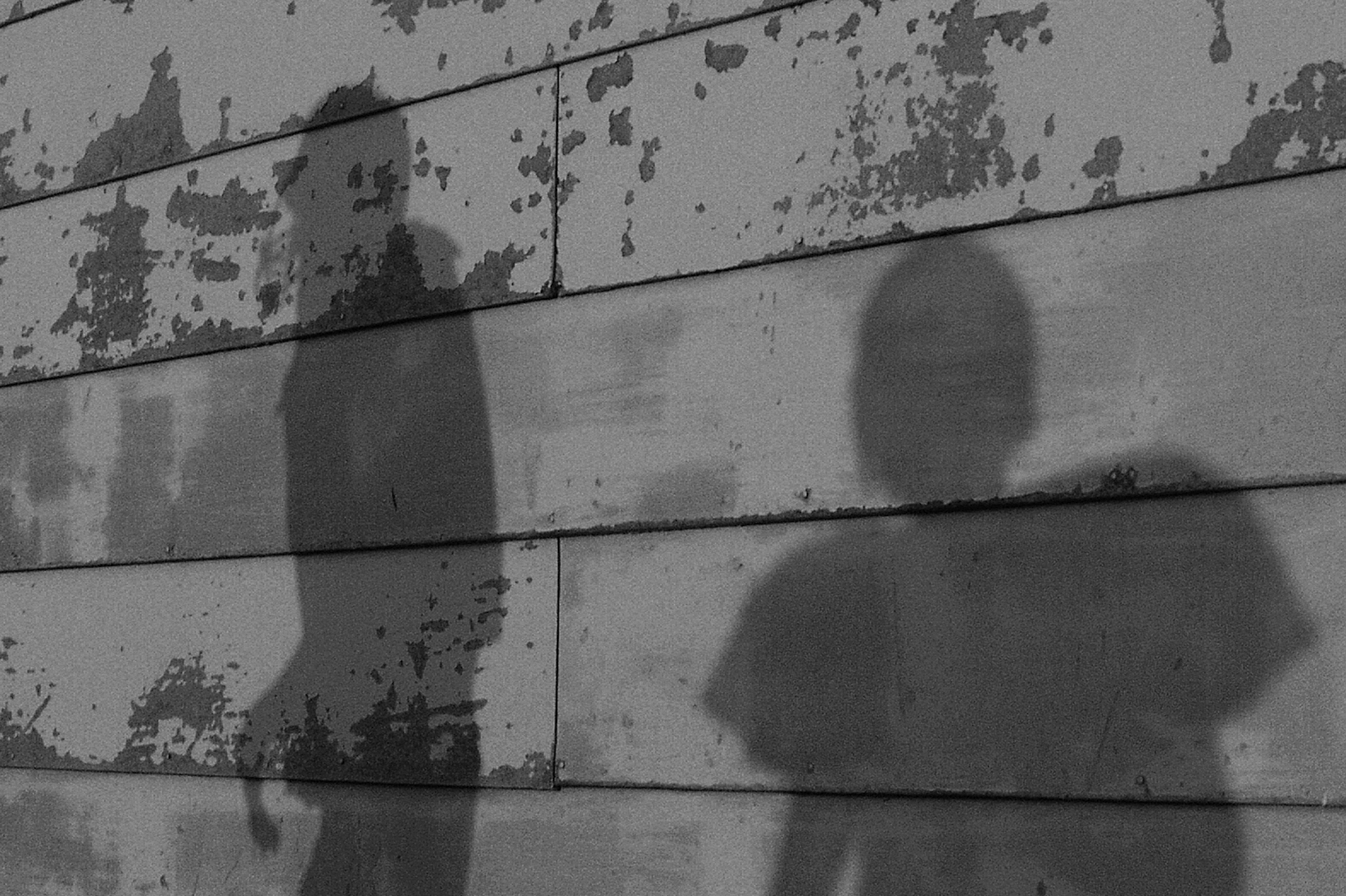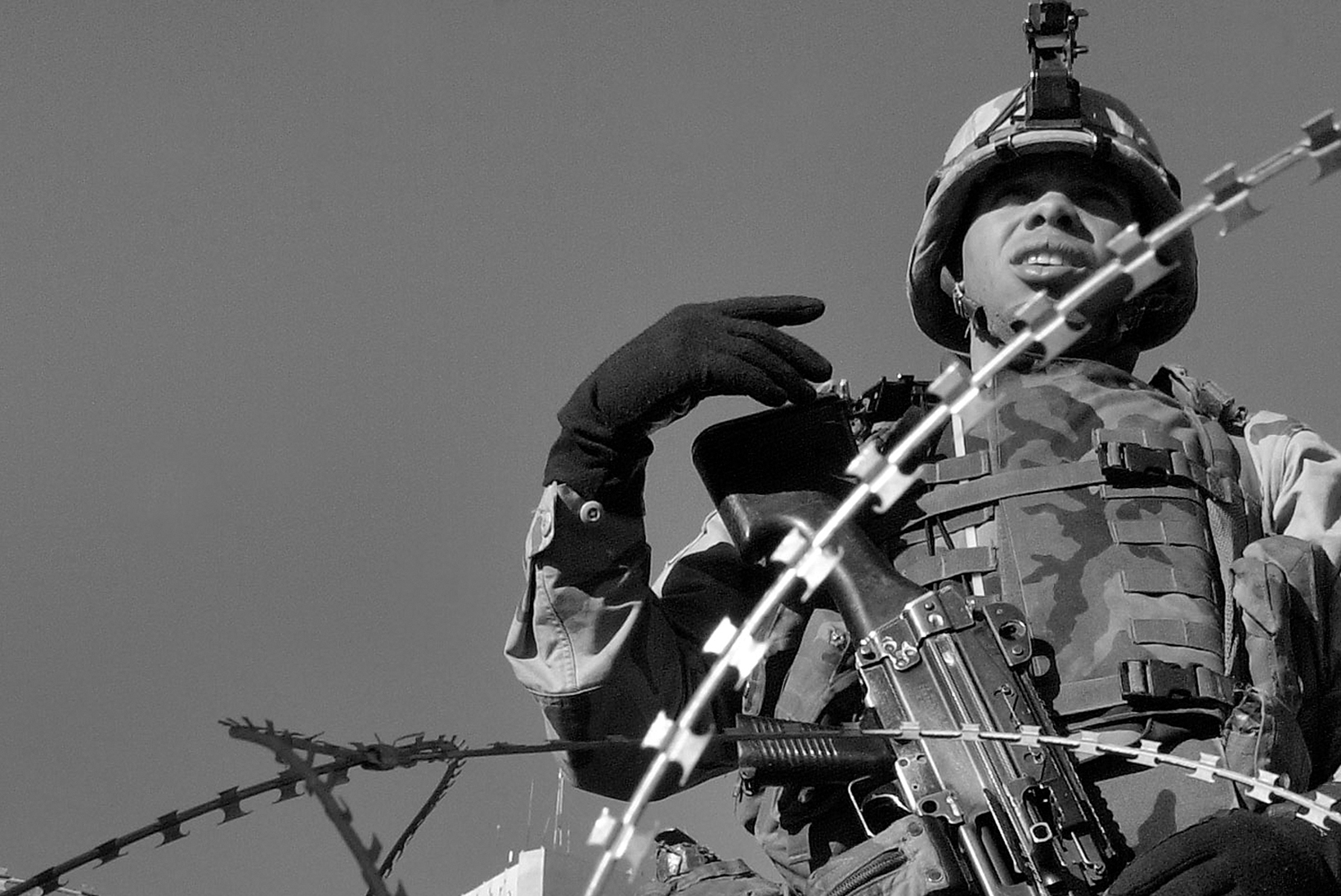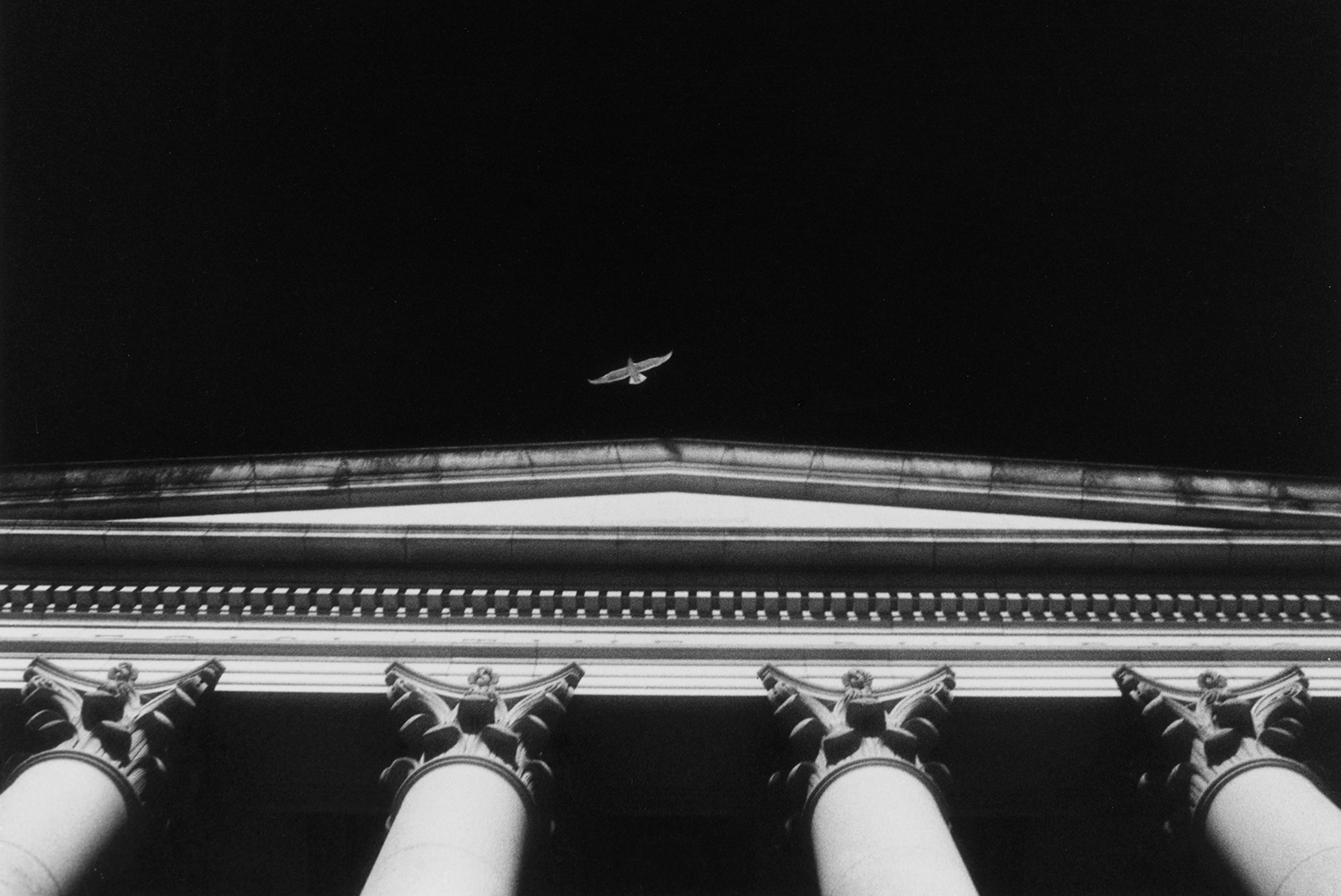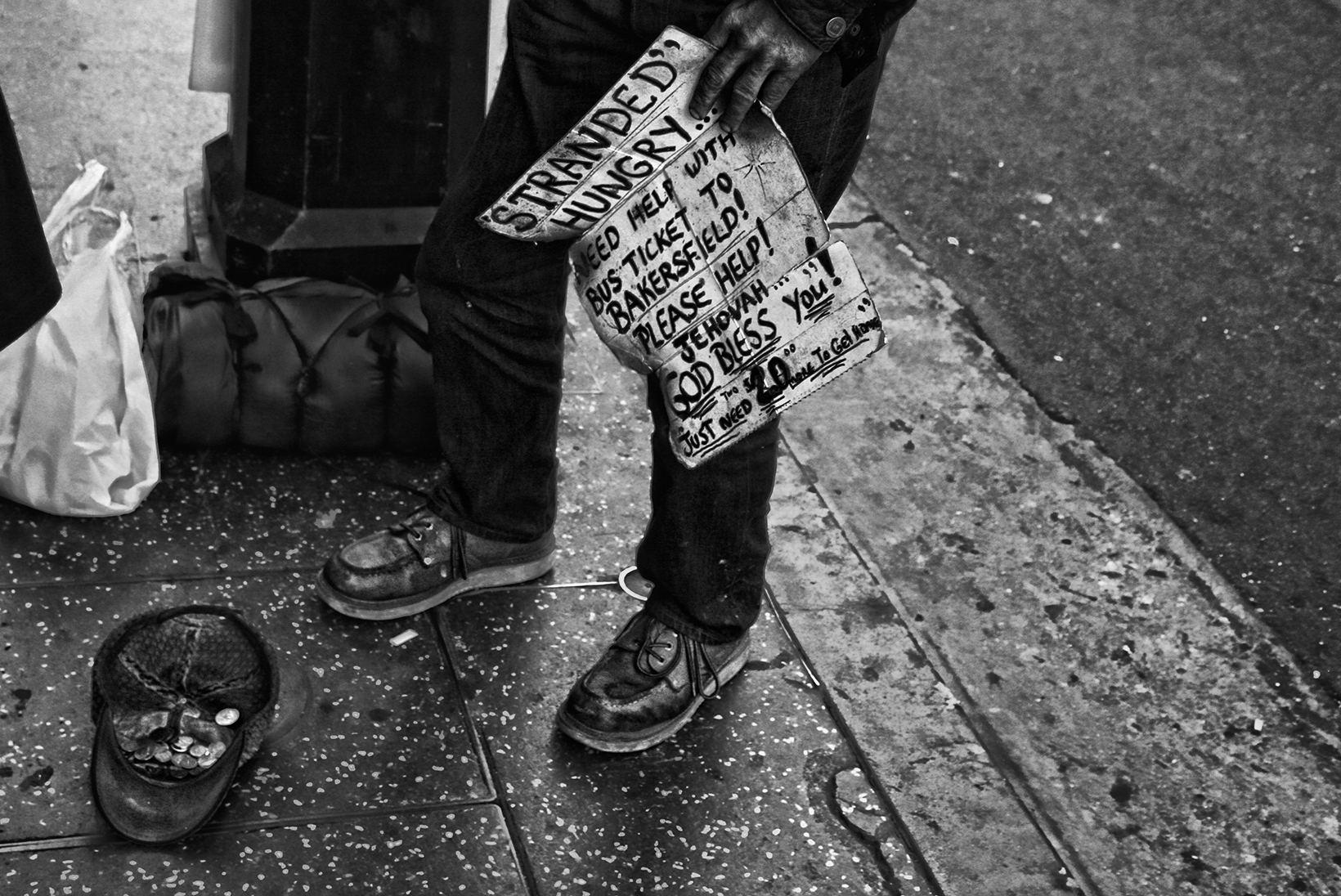Featured Selections
From the Archives
The Long Shadow
Bruce Perry On The Lingering Effects Of Childhood Trauma
One of the most important variables, in my experience, is when things happen. If you experience emotionally disengaged caregiving, humiliation, or a sense of being unwanted in the first year or two of life, even if you then escape that environment — maybe you’re adopted, or your parent who was depressed gets better — that early experience can still cause profound social and emotional problems for you all the way into adulthood. On the other hand, kids who have a good first year of consistent, predictable caregiving and then end up in shelters or foster homes and bounce around the system, maybe get sexually and physically abused, and so on — those children often function reasonably well as adolescents.
November 2016Two Ways Of Knowing
Robin Wall Kimmerer On Scientific And Native American Views Of The Natural World
I prefer to ask what gifts the land offers. Gifts require a giver, a being with agency. Gifts invite reciprocity. Gifts help form relationships. Scientists aren’t comfortable with the word gifts, so we get ecosystem services instead. These terms arise from different worldviews, but both recognize the way the land sustains life.
April 2016Armed And Dangerous
The Desperation Of Rural America — An Interview With Joel Dyer
Five times as many farmers now die of suicide as die from equipment accidents — which, historically, have been the single biggest cause of unnatural death on the farm. And that’s not even counting suicides made to look like accidents: if you’re about to lose your farm and have life insurance, you can crawl into your combine, and your family might be able to keep the farm. Personally, I suspect there are more fraudulent accidents than straightforward gunshots to the head. So it could be that ten or fifteen times as many farmers die from suicide as die from accidents.
December 1999Undermining Democracy
Noam Chomsky On How The U.S. Breeds Inequality At Home And Instability Abroad
Researchers find in their polls that the attitudes of the poorest 70 percent of Americans have essentially no effect on policy. Those people are disenfranchised. It doesn’t matter what they think. Political leaders just don’t pay any attention to them. As you move up the income scale, you see a little more influence. By the time you get to the top, attitudes and public policy are very similar, because the few at the top are the ones who design the policy. They essentially get what they want. You can’t call that democracy. It’s some kind of plutocracy.
June 2014Phys Ed
Recently my twelve-year-old son, Darius, matter-of-factly informed me that he was playing football in the fall.
“No, you aren’t,” I said.
September 2015Homeland Insecurity
Stan Goff On Why U.S. Foreign Policy Endangers Us All
During the Clinton administration, when Hugh Shelton was chairman of the Joint Chiefs of Staff, he began what Donald Rumsfeld calls the “revolution of military affairs,” which is the complete restructuring of the U.S. military. The shorthand for it is “full spectrum dominance.” This refers to dominance in three dimensions: technology, the full spectrum of conflict (from street riots to thermonuclear war), and geography. The belief that we can achieve such dominance is quite likely the most grandiose delusion in human history. It simply is not possible. It’s amazing and worrisome to me that people who hold the reins of power would actually believe in something like this.
November 2004Throwing Away The Key
Michelle Alexander On How Prisons Have Become The New Jim Crow
Yes, during the original Jim Crow era Whites Only signs hung over drinking fountains, and black people were forced to sit at the back of the bus. There was no denying the existence of the caste system. But today people in prison are largely invisible to the rest of us. We have more than 2 million inmates warehoused, but if you’re not one of them, or a family member of one of them, you scarcely notice. Most prisons are located far from urban centers and major freeways. You literally don’t see them, and when inmates return home, they’re typically returned to the segregated ghetto neighborhoods from which they came, leaving the middle class unaware of how vast this discriminatory system has become in a very short time.
February 2011Dangerous Love
Reverend Lynice Pinkard On The Revolutionary Act Of Living The Gospels
For me, churches exist only to serve people and planet. The church is not an empire, a way for leaders to build monuments to themselves, for congregants to take pride in the curb appeal that a lovely edifice affords. The church is not a building. The church is an extension of Christ — literally Christ’s body — and an alternative to the militaristic, consumerist, alienated way of life that has become the norm.
October 2014By Fire And Water
An Interview With Michael Meade
All this violence is a fire screaming for the water of human attention. I don’t think we’re going to be able to keep going unless we deal with it. To me the two big events of the last two years are the fires in L.A. and the flooding of the Mississippi River. I think they are strangely related.
January 1994The Grace Of Great Things
Reclaiming The Sacred In Knowing, Teaching, And Learning
Community goes far beyond our face-to-face relationship with each other as human beings. In education especially, community connects us with what Rilke called “the grace of great things.” We are, in reality, in community with the genes and ecosystems of biology, the great questions of philosophy and theology, the archetypes of literature, the artifacts of anthropology, the materials of engineering, the logic of systems and management, the shapes and colors of art, the patterns of history, the elusive idea of justice under the law — we are in community with all these great things. Great teaching is about knowing and feeling that community, and then drawing your students into it.
September 1998

